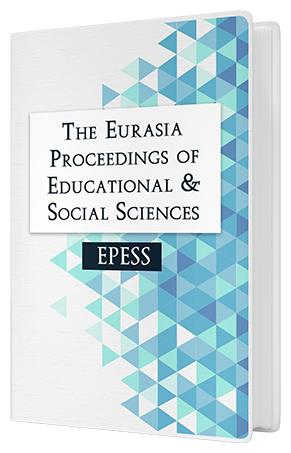Humanising Pedagogies: Giving Voice to Migrant Learners
Keywords:
Migrant learners, Humanism, African languagesAbstract
Post-apartheid South Africa is a fairly new democracy, characterized by diversity, as well as issues plaguing equity and transformation, such as racism and unemployment. Increasingly, South Africa is also playing host to growing numbers of migrants, asylum seekers and refugees, to whom we are obliged to provide refuge. Despite the often dangerous and seemingly insurmountable journeys to cross South Africa’s borders, one of the first goals in settling in the host country is education for the migrant or refugee child. Teachers however, are often at a loss with how to manage these newcomers in their classrooms. The children struggle to prosper in South African classrooms, given the diversity that exists, that they may not be fluent in English, a major language of teaching and learning in the country, or in one of the African languages. This paper argues for the urgency to pay heed to the needs of the migrant child, by describing a framework that involves humanizing pedagogy through the use of dialogue and reflexivity, the nature of language used, and teacher strategies. The work provides considerations for teacher trainees who are preparing to teach these children.Downloads
Published
Issue
Section
License
Copyright (c) 2019 The Eurasia Proceedings of Educational and Social Sciences

This work is licensed under a Creative Commons Attribution-NonCommercial-ShareAlike 4.0 International License.
The articles may be used for research, teaching, and private study purposes. Any substantial or systematic reproduction, redistribution, reselling, loan, sub-licensing, systematic supply, or distribution in any form to anyone is expressly forbidden. Authors alone are responsible for the contents of their articles. The journal owns the copyright of the articles. The publisher shall not be liable for any loss, actions, claims, proceedings, demand, or costs or damages whatsoever or howsoever caused arising directly or indirectly in connection with or arising out of the use of the research material. All authors are requested to disclose any actual or potential conflict of interest including any financial, personal or other relationships with other people or organizations regarding the submitted work.




